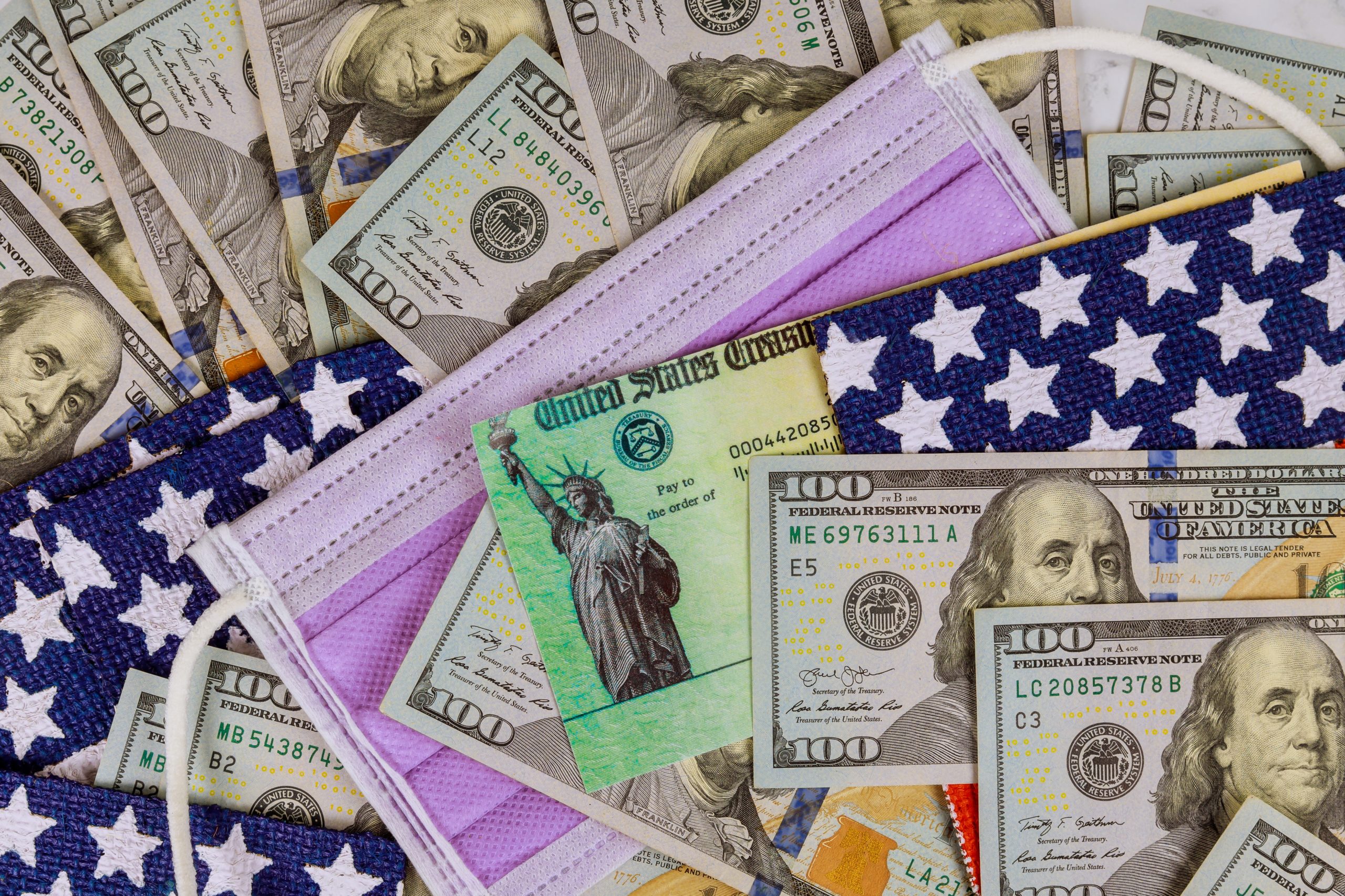The new round of stimulus payments, which began this weekend, could be stolen by private debt collectors; this is an issue lawmakers are trying to address.
Recipients of unpaid credit card or medical bills for which a corporation has obtained a judgment against the debtor may have the fresh deposit taken from their bank accounts, preventing those in need from receiving the emergency cash.
A spokeswoman for Sen. Ron Wyden says he expects to introduce a solution that would protect the payments from garnishment as soon as this week.
For the time being, it’s likely that collectors could seize the money that the federal government is depositing directly into people’s bank accounts, which may be worth up to $1,400 per person.
Lauren Saunders, the National Consumer Law Center associate director, said, “We really wish this could have passed before the money started going out. The protection would have been far more effective if the payment was coded in a way so that banks would automatically know to protect the money.”
Lawmakers protected the $600 payments accepted as part of the December stimulus, but due to procedural rules used by Democrats to drive the bill through the Senate, where no Republicans signed on, the new Covid relief bill did not have that defense.
The CARES Act, which was passed in March, refused to include language that would cover the first round of stimulus benefits, worth up to $1,200, from private debt collectors. A separate Senate bill that would have covered the payments was passed unanimously a few months later, but the House did not take it up.
The National Consumer Law Center and the American Bankers Association are among the advocacy groups urging lawmakers to address the issue.
The group wrote in a letter sent to Congressional leaders, “Otherwise, the families that most need this money — those struggling with debt and whose entire bank accounts may be frozen by garnishment orders — will not be able to access their funds.”
When Wyden’s proposed bill passes, a bank is required by law to turn over money if a creditor has sued for the debt and a court order for garnishment has been issued.
The stimulus payments are protected from garnishment for other unpaid federal loans, such as student loans or tax debt, under the statute.
The $1,200 payments under last year’s CARES Act are protected from all debts except unpaid child support. The exclusion for the second round of compensation, worth up to $600, was extended by Congress to ensure that the money would not be covered by owed child support.



